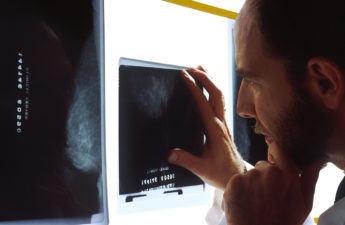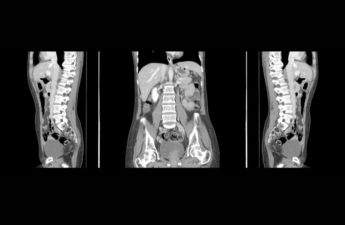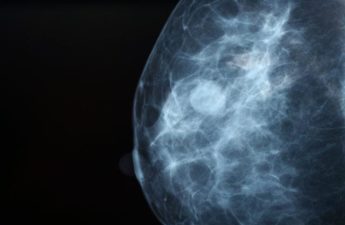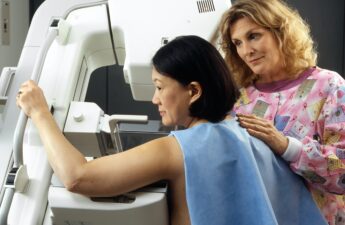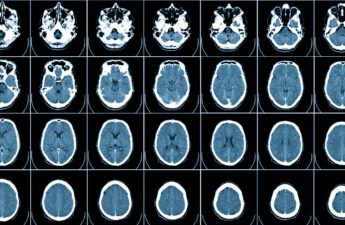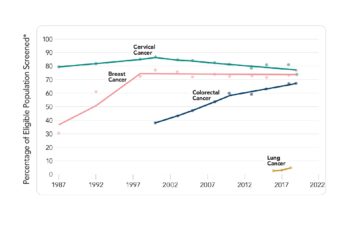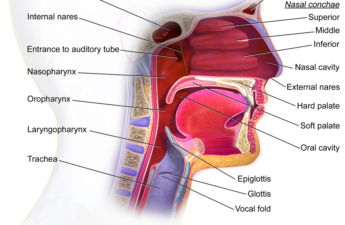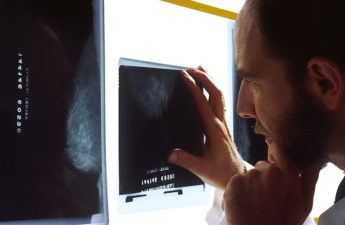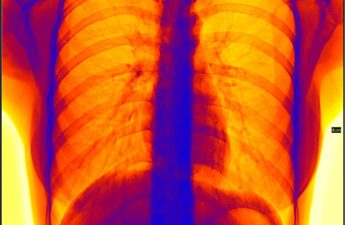Category: Radiology
How to assess your risk for breast cancer
One in eight American women will develop breast cancer in their lifetime. A combination of factors can influence your risk.
Some are unmodifiable, such as age, having dense breasts and a family history of breast or ovarian cancer, while others are modifiable, such as physical activity levels, weight and reproductive history.
Full-body scans to look for hidden disease are a bad idea – here’s why
These scans offer an opportunity to see what’s going on internally – for those with enough money to afford them – but the likelihood of finding something that needs urgent medical treatment is low.
Study Adds to Debate about Mammography in Older Women
Studies have shown that routine screening mammography does reduce breast cancer deaths in women aged 40 to 75. But screening also comes with downsides, which include the risk of overdiagnosis and overtreatment. A new study suggests that the risk of overdiagnosis with routine screening mammography is substantial for women in their 70s and older.
The FDA’s rule change requiring providers to inform women about breast density could lead to a flurry of questions
Breast density matters for two reasons. Most importantly, dense breast tissue can hide cancer on a mammogram. About 40% of breast cancers will go unseen on mammography in the densest breasts, labeled “extremely dense breasts,” and about 25% will go undetected in heterogeneously dense breasts.
Scientists track how the brain changes over a lifetime
The volume of grey matter (brain cells) increases rapidly from mid-gestation onwards, peaking just before we are six years old. It then begins to decrease slowly. The volume of white matter (brain connections) also increased rapidly from mid-gestation through early childhood and peaks just before we are 29 years old. The decline in white matter volume begins to accelerate after 50 years.
Screening key to reducing U.S. cancer deaths, panel finds
The United States could substantially reduce cancer deaths by closing gaps in its cancer screening programs, a presidential advisory group has concluded in a new report.
Coronavirus: scientists uncover why some people lose their sense of smell
Many people with COVID-19 reported a sudden loss of sense of smell and then a sudden and full return to a normal sense of smell in a week or two.
AI improves radiologists’ readings of mammograms, UW study finds
Machine-learning algorithms could help improve the accuracy of breast cancer screenings when used in combination with assessments from radiologists,
Are lead aprons for x-rays necessary — or even safe?
Lead aprons that they drape on you when you get and x-ray may not be necessary and may actually increase your exposure to radiation.
A Million-Dollar Marketing Juggernaut Pushes 3D Mammograms
Manufacturers have spend millions to market 3D mammograms even though they haven’t been shown to be more effective than traditional mammograms.
Anyone can take a peak at millions of Americans’ medical images on the Internet
X-rays, MRIs and CT scans of millions of Americans are unprotected on the internet and available to anyone with basic computer expertise.
Breast cancer diagnosis by AI now as good as human experts
One artificial intelligence system recently achieved a cancer detection accuracy comparable to an expert radiologist.
Having a scan? Here’s how the different types work and what they can find
Medical imaging — X-ray, CT, MRI, PET and ultrasound — explained.
